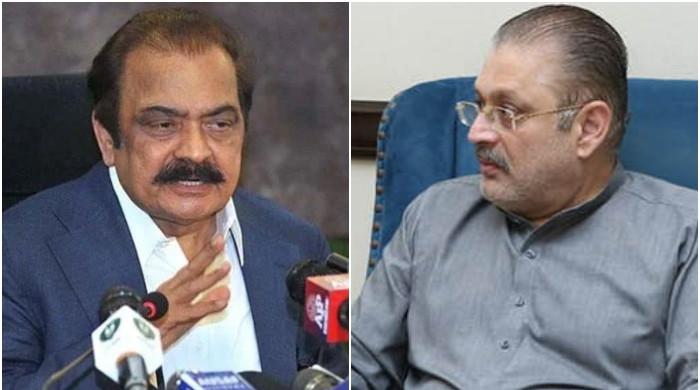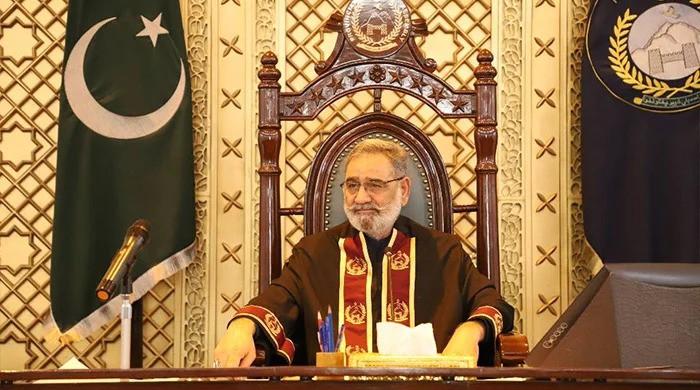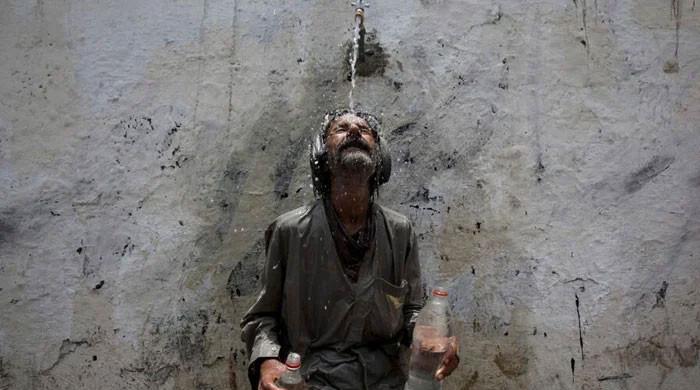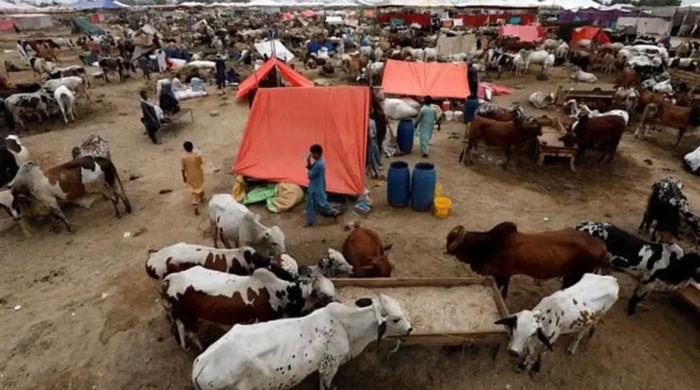LHC approached to regulate the use of CCTV cameras
Plea field by rights activists argues that secret filming, recording, photography of individuals is unconstitutional
December 10, 2019
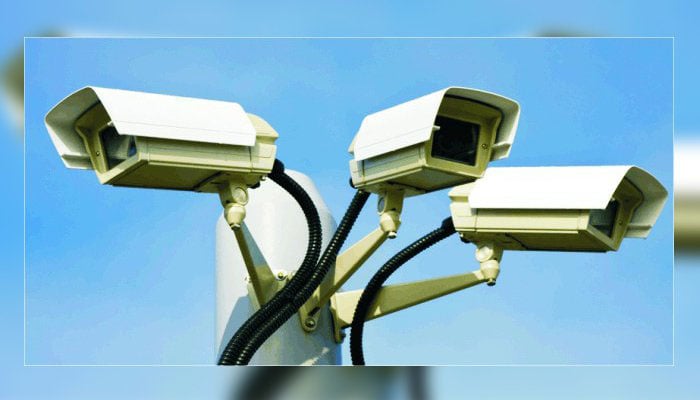
Citizens and lawyers in Lahore have approached the Lahore High Court to protect the privacy of individuals and to ensure that security cameras are used responsibly in public places.
A joint petition filed by Salman Sufi, an activist and gender reform specialist, with the AGHS Legal Aid Cell and the Digital Rights Foundation, in the Lahore High Court, raises substantial privacy concerns.
It argues that the secret filming, recording and photography of individuals in public and private places is unconstitutional. Furthermore, installing CCTV surveillance cameras without signage, to warn the public that they are being recorded, is a breach of privacy, which is a fundamental right guaranteed by the Constitution.
Also read: A new privacy bill: 'No one should be allowed to film someone without consent'
The petitioners have urged the court to direct the ministry of law and justice to recommend necessary legislation needed to curb the excessive use of security cameras. They have also asked the court to constitute an investigation team to probe the sale and quality of security equipment being sold as well as the scale of their use.
Sufi also shared a copy of the petition on Twitter.
The activist hopes to criminalise the breach of private data. He began drafting a petition back in September after intimate footage of couples at cinema houses and in their cars in Lahore were recorded on security cameras and leaked to public.
Earlier in an interview, Sufi told Geo.tv that the petition insists on a new law which bars individuals from recording anyone without their permission, unless a crime is happening or about to happen.
“We will propose that only public officials' actions should be allowed to be recorded, when they are on the job, as it is of public interest. Other than that, no one should be allowed to record anyone, publicly or privately, from personal phones or devices,” he said.




